When dealing with a persistent cough, many people turn to warm beverages for comfort. Tea has been enjoyed for centuries not only for its taste but also for its potential wellness benefits. If you’re looking for tea that can help soothe a cough, this article explores various options that people commonly use when experiencing cough symptoms.
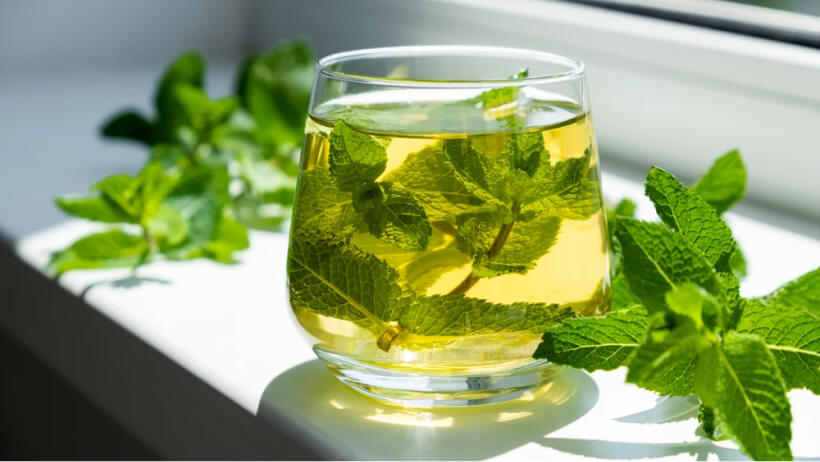
How Tea May Provide Comfort During Cough Episodes
People often find that warm beverages like tea provide comfort when dealing with cough symptoms. Here are some ways tea might help:
- The warmth may provide soothing comfort to throat tissues
- Warm liquids can help maintain hydration, which is important when you’re unwell
- Many teas contain naturally occurring compounds that have been studied for their properties
- The ritual of drinking warm tea can be relaxing and comforting
8 Popular Teas People Use for Cough Comfort
1. Honey Tea
Honey tea is a popular home comfort remedy. Some studies have examined honey’s properties, and research suggests it may have certain benefits when consumed appropriately.
Safety Note: Honey should not be given to children under 12 months of age due to botulism risk.
To prepare honey tea, add 1–2 teaspoons of honey to your preferred hot tea. Many people enjoy adding lemon for additional flavor and comfort.
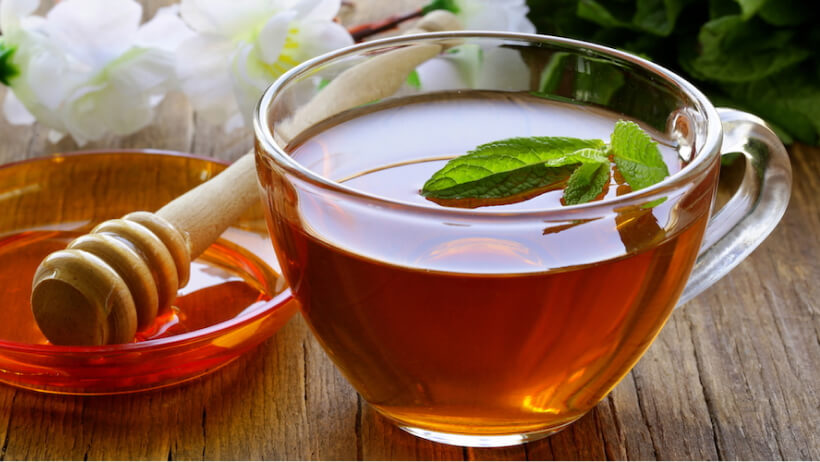
2. Licorice Root Tea
Licorice root has been used in traditional wellness practices for centuries. This herb contains various naturally occurring compounds, including flavonoids. Some preliminary research has examined licorice root’s properties.
Important Considerations: Pregnant individuals should avoid licorice root. Those with blood pressure concerns should consult a healthcare provider before use, as licorice may affect blood pressure regulation.
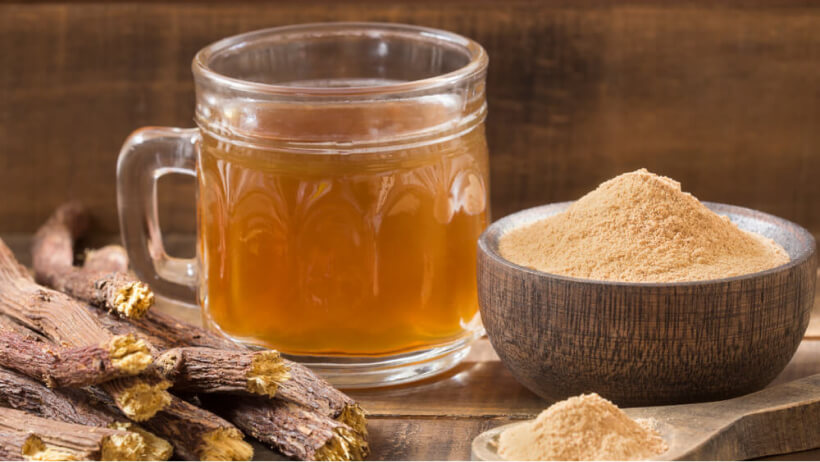
3. Ginger Tea
Ginger tea, made from ginger root, is widely enjoyed for its warming properties and distinctive flavor. Ginger has been the subject of various studies examining its natural compounds.
You can purchase pre-made ginger tea or prepare your own by steeping fresh ginger slices in hot water for 10-15 minutes.
Usage Considerations: Some people may experience digestive sensitivity with large amounts of ginger. Those taking blood-thinning medications should consult their healthcare provider before regular ginger consumption.

4. Marshmallow Root Tea
Marshmallow root has been used in traditional wellness practices. Unlike most teas, marshmallow root is typically prepared with room temperature water, which allows it to develop a naturally thick consistency.
Medical Interaction Note: Marshmallow root may affect medication absorption timing. Consult your healthcare provider if you take regular medications.
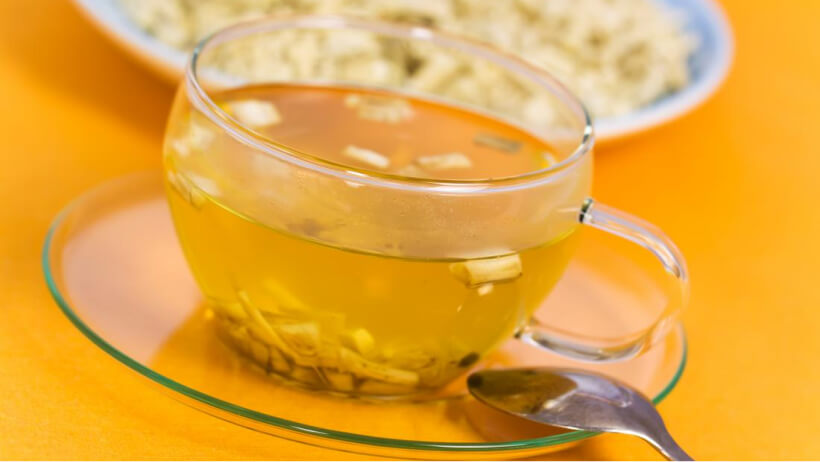
5. Green Tea
Green tea is well-known for containing antioxidants and has been widely studied for various properties. Many people find green tea comforting when they’re feeling unwell.
Caffeine Content: Green tea contains caffeine, so consider timing of consumption if you’re sensitive to caffeine or planning to sleep.

6. Peppermint Tea
Peppermint tea is popular for its refreshing taste and aromatic properties. Peppermint contains menthol, which creates a cooling sensation that many people find pleasant.
This tea can be enjoyed hot or cooled, depending on your preference.
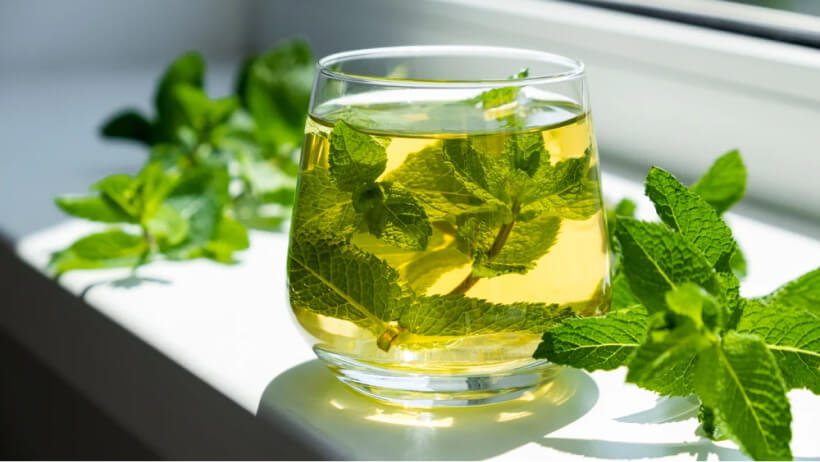
7. Thyme Tea
Thyme is commonly known as a culinary herb but can also be prepared as a tea. Thyme has been used in traditional wellness practices and contains various natural compounds.
To prepare thyme tea, steep 1-2 teaspoons of dried thyme leaves in hot water for 5-10 minutes, then strain.
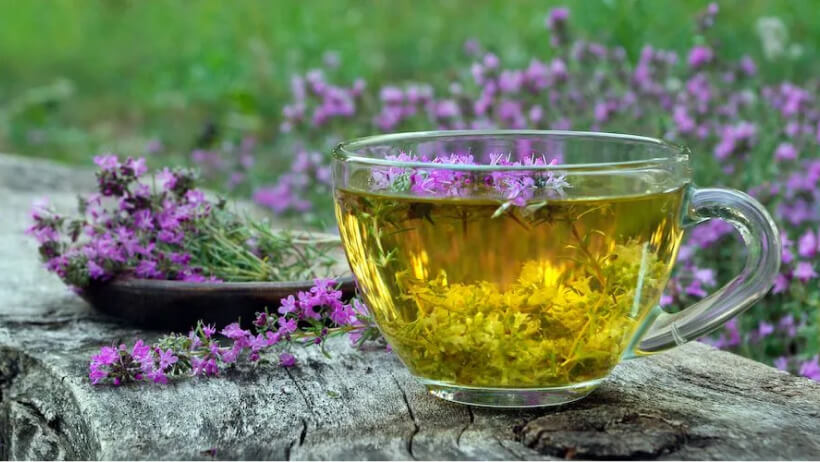
8. Elderberry Tea
Elderberry is often found in wellness products and can be prepared as a tea. Elderberries contain naturally occurring compounds and have been used in traditional practices.
When preparing elderberry tea, ensure you’re using properly prepared elderberry products, as raw elderberries require proper preparation.
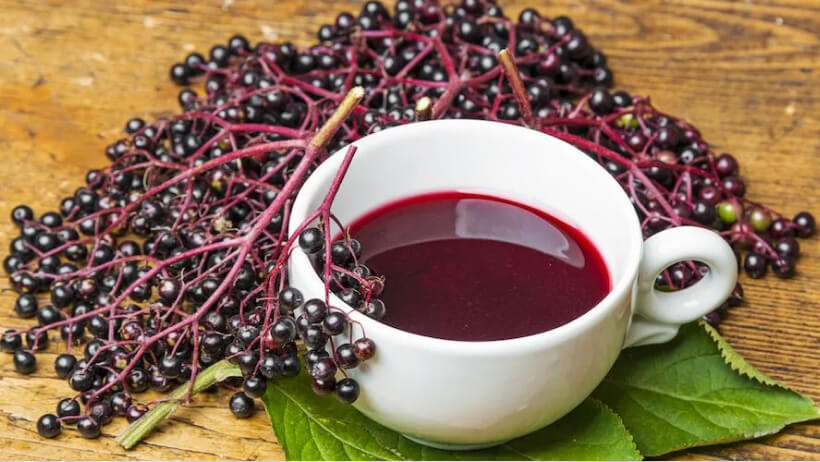
Additional Comfort Measures for Cough Episodes
Along with enjoying warm teas, consider these general comfort measures:
- Stay well-hydrated with various warm fluids
- Use a humidifier to add moisture to the air
- Take warm showers, as steam may provide comfort
- Practice good rest and sleep hygiene
- Consider gentle throat gargles with warm salt water
When to Seek Professional Medical Care
While occasional coughing is common, certain situations warrant professional medical attention:
- Cough persisting beyond 2-3 weeks
- Cough accompanied by fever, difficulty breathing, or chest pain
- Cough producing unusual discharge or blood
- Cough significantly interfering with sleep or daily activities
- Any concerning changes in your health status
Conclusion
Many people find comfort in warm teas when dealing with cough symptoms. While these traditional beverages have been enjoyed for generations, it’s important to remember that persistent or concerning coughs should be evaluated by healthcare professionals. Tea can be part of general comfort care, but should not replace appropriate medical evaluation and treatment when needed.
Remember to choose high-quality tea products and prepare them safely. If you have allergies, medical conditions, or take medications, consult with your healthcare provider before incorporating new herbal teas into your routine.
Disclaimer: This content is for informational and educational purposes only. It is not intended to provide medical advice or replace consultation with qualified healthcare professionals. Always seek the advice of your physician or other qualified health providers with any questions you may have regarding a medical condition.






